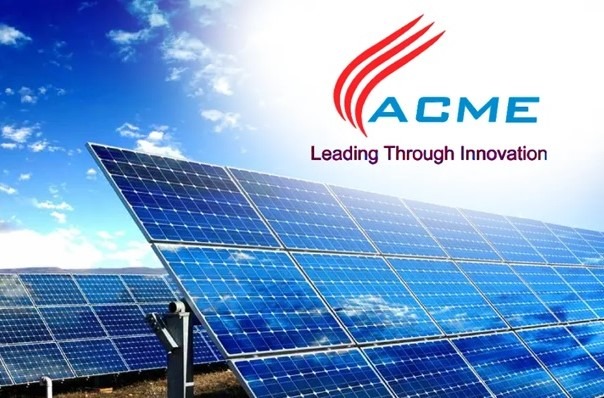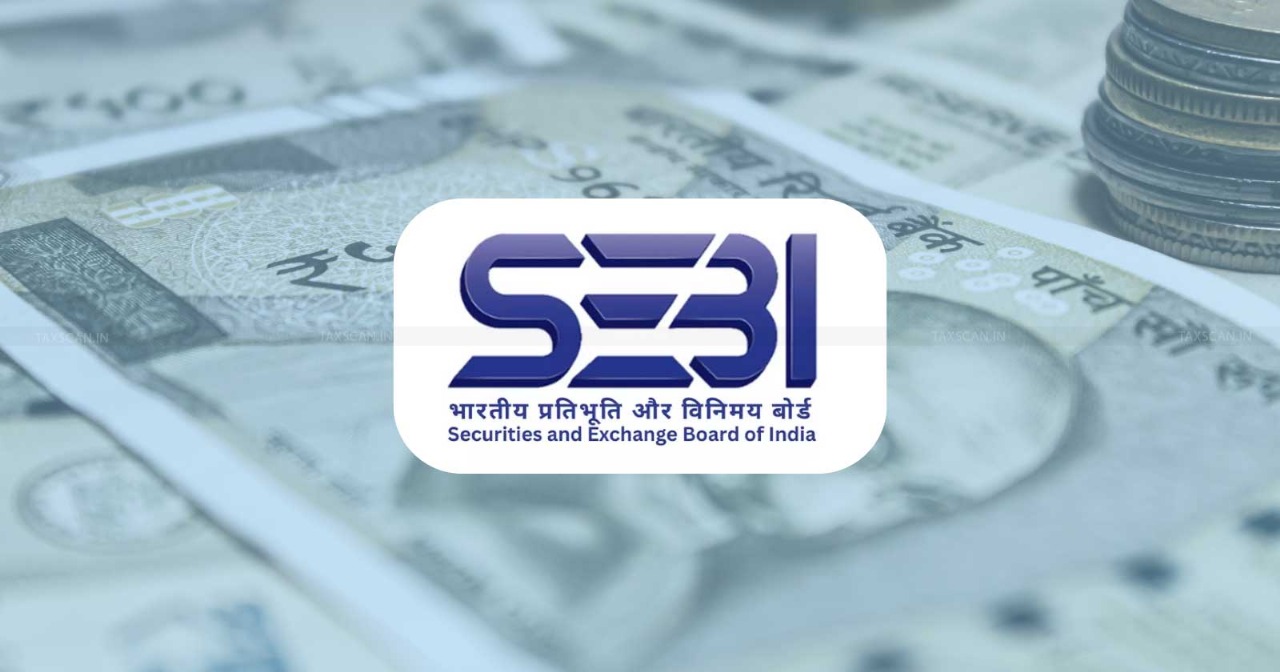 Image Source : Indian Chemical News
Image Source : Indian Chemical News
In a swift rebuttal to recent industry reports, ACME Solar Holdings has confirmed that none of its project connectivity agreements with the Central Transmission Utility of India have been revoked or cancelled. The clarification comes after media outlets cited CTU notifications that appeared to include ACME among developers losing transmission rights for delayed clean energy projects. With the company’s statement, ACME Solar aims to reassure investors, partners, and stakeholders that its pipeline remains secure and on track.
Key Highlights From ACME Solar’s Clarification
- ACME Solar Holdings has not received any communication from CTU indicating revocation or cancellation of project connectivity
- All existing transmission access agreements for its operating and under-development solar projects continue in effect
- Recent industry reports on CTU cancellations covered nearly 17 GW of delayed renewable projects, but ACME projects were not formally affected
- The company’s legal and operations teams are engaging CTU to confirm the status of any pending notifications
- ACME Solar maintains its development schedule and expects no disruption to project commissioning timelines
Context Behind The Connectivity Revocation Wave
Earlier this month, the Central Transmission Utility of India moved to cancel grid access rights for a host of renewable energy projects deemed substantially delayed. The CTU actions were part of broader efforts to free up transmission capacity for assets that are either operational or nearing completion. Companies named in the CTU notices included several major players in the solar sector, triggering market concerns about project viability and potential financial penalties.
ACME Solar’s Project Portfolio And Timelines
ACME Solar Holdings oversees one of India’s largest solar pipelines, with operational capacity exceeding 1.5 GW and another 3 GW at various stages of development. Key details include:
1. Fully commissioned utility-scale projects in Rajasthan and Madhya Pradesh delivering stable revenues under power purchase agreements
2. A cluster of ground-mounted plants in Gujarat awaiting commissioning in the next quarter, with land acquisition and environmental clearances already secured
3. Rooftop and distributed generation projects in Uttar Pradesh and Maharashtra on accelerated timelines to meet corporate offtake commitments
By maintaining strict adherence to construction schedules and regulatory milestones, ACME Solar has historically avoided the kinds of delays that prompted CTU interventions elsewhere.
Market Reaction And Investor Sentiment
Following ACME Solar’s clarification, its stock rebounded modestly, recovering some of the intraday losses tied to the wider CTU revocation news. Equity analysts noted that the absence of any formal CTU notice is a positive indicator, reinforcing confidence in the company’s execution capabilities and financial management. Bond investors also drew comfort from the maintenance of connectivity rights, which underpin long-term cash flow projections used to secure project financing.
Regulatory Engagement And Next Steps
While the company awaits formal acknowledgement from CTU, ACME Solar’s leadership has outlined several proactive measures:
- Engaging CTU officials to obtain written confirmation on the status of all connectivity agreements
- Reviewing internal project dashboards to ensure compliance with commissioning deadlines and grid readiness protocols
- Coordinating with state transmission utilities to align evacuation infrastructure and reduce grid curtailment risks
- Preparing contingency plans to expedite any pending approvals or liminal construction activities
These steps aim to eliminate any ambiguity and provide stakeholders with a transparent view of project health.
Implications For India’s Renewable Energy Sector
The CTU’s decision to revoke grid access for significantly delayed projects highlights the broader challenges facing India’s clean energy ambitions. Transmission constraints, land acquisition hurdles, and supply chain disruptions have periodically slowed down project rollouts. However, ACME Solar’s ability to sidestep these revocations underscores the importance of strong project governance and close coordination with grid operators.
Looking Ahead
With its connectivity rights affirmed, ACME Solar is positioned to continue advancing toward its goal of over 8 GW of commissioned capacity by 2026. The company’s focus will remain on optimizing project execution, securing new land-use approvals, and strengthening partnerships with developers and financiers. As India races toward its 500 GW non-fossil fuel target by 2030, actions like ACME’s proactive clarification will likely become a benchmark for project rigor in the sector.
Sources: Reuters, Business Standard, Power Technology
Advertisement
Advertisement





